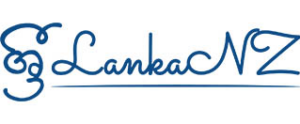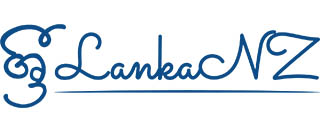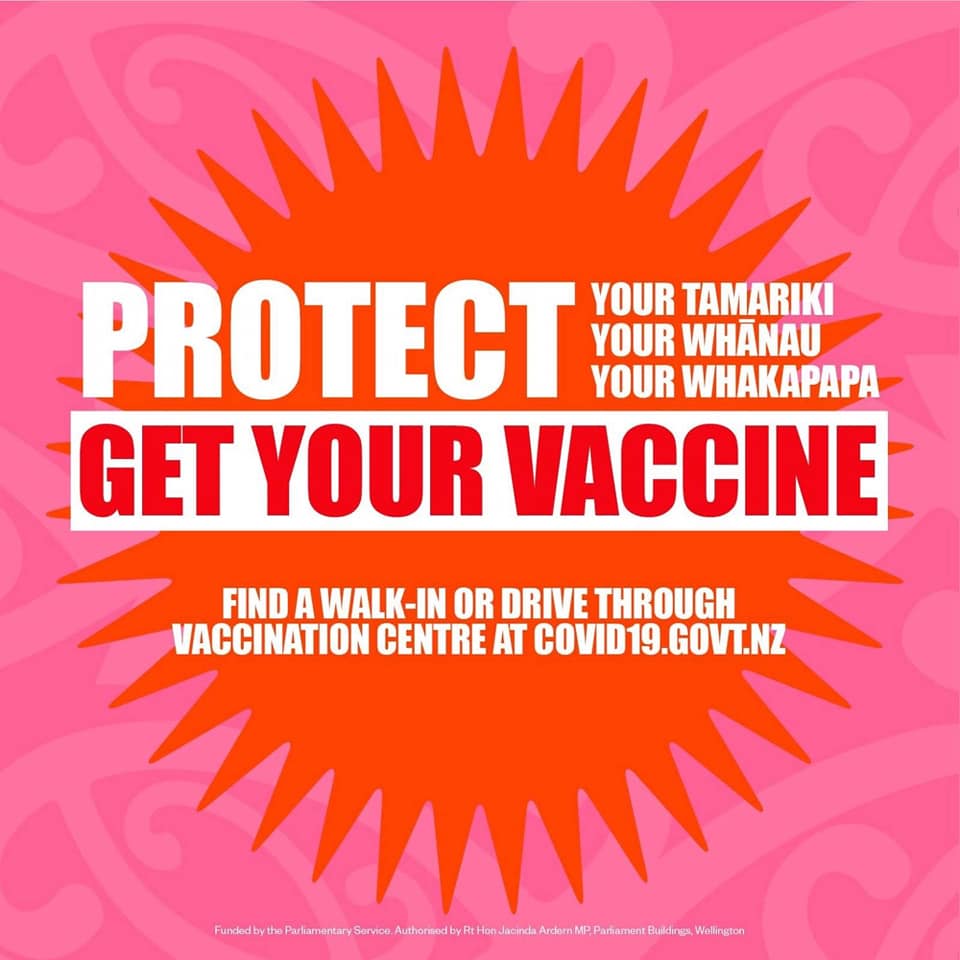In the late 1980s, I was part of an international delegation visiting Ghana in Africa to study its sustainable resource management efforts. There were about 20 of us in the group representing several different countries. A nation that had been rich in gold and forest resources Ghana had seen better days. Over several centuries its colonial masters had taken away the gold and the timber in large quantities. In that sense, it was no different from other impoverished colonies that also had been relentlessly exploited. But there was one difference: Ghana had been stripped off its most valuable resource : the young and productive generations taken away as slaves.

Cape Coast Castle, Ghana – UNESCO World Heritage site – Source: Wikipedia
To get a first-hand knowledge of Ghana’s slave trade we visited the Cape Coast Castle on the Atlantic Coast. It is now a museum. The beautifully designed building was originally a Portuguese trading post established in 1555 and later expanded by the British.
The imposing building hid a dark secret: its basement constituted dungeons which held hundreds of slaves in chains until they were taken under the cover of darkness to the waiting ships sailing to Europe and America,
Our host asked: “Does anyone want to go into the dungeons”? He added: “I won’t recommend it”.
There were no enthusiastic hands going up. But I did not want to miss the opportunity having come from so far away. Eventually there were five of us who wanted to enter.
It didn’t take long for me to regret my decision. The stench of urine and other body fluids emanating from thousands of young Ghanians who had cried out their final farewells to the motherland had made small rivers towards the only hole at the edge of the dark windowless room. The stink was overpowering. Leaking walls of the cave and the high humidity seem to have ensured the ground remained wet and smelly.
Two people from our delegation threw up and exited.
But I persisted.
I pulled the handkerchief from my pocket to cover the nose. Then, to my horror, I dropped my glasses. But I didn’t dare fumble over the dark, wet, stinky sludge on the floor looking for them. I would rather do without glasses for the rest of the tour. I could see before me the anguish of thousands of youngsters tethered to iron rails.
Unable to bear the human smells still lingering within that limited space I too left as the last person in the small group that entered the dungeon. Now several decades later I was still haunted by that human odor.
I was angry and sad. How could one human being treat another with such cruelty? I went straight to our Ghanaian host and asked why they didn’t bring a class action for damages against the western governments who perpetrated this crime. An estimated million Ghanians had been snatched away in this manner depriving the country of a valuable resource. That was apart from the enormous personal suffering the slaves underwent.
He laughed. “How can we do it because it was our own people who rounded them up and handed them over”. But for me it was a cop out. Western governments were still responsible.
But who was I to criticize them? What have we done to avenge Uva Wellasa massacres when thousands were killed in cold blood? The genocide committed by the British to quell the uprisings between 1818 and 1822 by slaughtering every man, woman and child including babies suckling at the breast was a far heinous a crime the British had committed against humanity. To recognise his achievement, in 1819 the ‘butcher of Wellassa’ was made a full General.
It was some relief that in 2011, President Mahinda Rajapaksa initiated a process for formal revocation of Robert Brownrigg’s Gazette Notification under which participants of the 1818 rebellion had been condemned as “traitors” and their properties confiscated. Brownrigg’s Gazette Notification was declared null and void, and all those he branded as “traitors” were declared to be National Heroes of Sri Lanka. A National Declaration was awarded on their behalf to their descendants on Republic Day of Sri Lanka
But is that enough? We need to hold the British responsible for the crimes against humanity committed with such untold cruelty.
I stopped questioning my Ghanian host.
By Don Wijewardana – Wellignton








